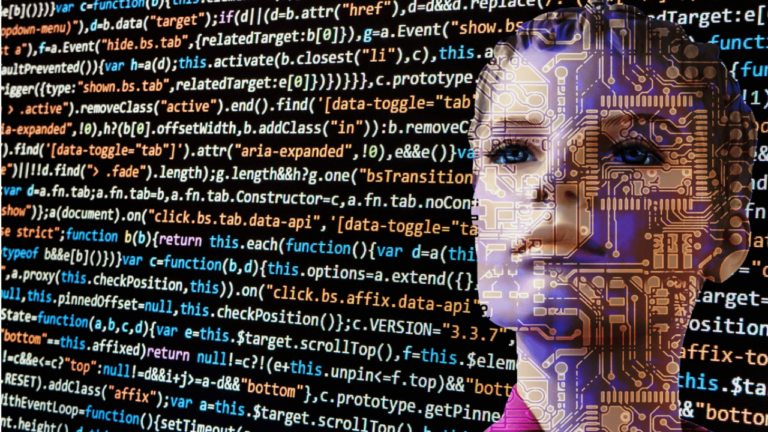Empowering Workers with AI: a new era for workplace mental health. Generative artificial intelligence (AI) dominates workplace discussions today. Its rapid integration has generated both enthusiasm and concern across sectors.
While debates surround its potential impact, AI’s growing presence remains undeniable. Arianna Huffington, Thrive Global’s CEO, believes AI is a transformative tool.
Harnessing it positively, she argues, can drive collective benefits. Remarkably, the latest AI tools actively reshape workplace mental well-being, making AI a game-changer for employee health.
Harness AI for Robust Mental Health in the Workplace
More employers today prioritize mental health, but many still struggle with effective implementation. As Generation Z enters the workforce, addressing this becomes even more crucial. After all, Gen Z won’t hesitate to switch jobs if their well-being needs to go unmet.
Here’s where AI steps in
AI tools, such as those developed by mental health startup Kintsugi, offer real-time insights into employee mental health. Kintsugi’s CEO, Grace Chang, emphasizes how AI fosters better support, productivity, and business profitability.
With 95% of employers prioritizing mental healthcare access, neglecting mental health can cost the U.S. economy a whopping $47.6 billion annually.
Chang further notes that the post-pandemic era has flooded employers with mental health solutions.
From wellness apps to digital therapeutics, employers now face the challenge of choice. Determining the right mental health interventions at the right time has become more critical than ever.
AI’s Role in Real-time Mental Health Monitoring
Historically, employers lacked objective metrics to measure mental health intervention success. However, AI tools like Kintsugi Voice change this narrative.
Kintsugi Voice can instantaneously detect mental health conditions by analyzing vocal nuances. As it integrates with telehealth platforms, it provides actionable, real-time data. Such tools not only ensure timely interventions but also personalize and enhance overall mental healthcare.
How Do Employees View AI in Mental Health Monitoring?
There’s a common misconception that employees fear AI job replacement or privacy invasion. Yet, Chang’s studies show that 80% of participants willingly opted for AI-powered voice analysis for mental health screening.
Moreover, Workhuman’s research reveals that 58.4% of workers don’t see AI as a threat. For employers, this underscores the importance of equipping teams with the right AI knowledge and training.
When workers understand and harness AI’s potential, their job security fears dissipate, and they engage more proactively.
In conclusion, empowering workers with AI continues to revolutionize workplace paradigms, and embracing its potential can pave the way for a healthier, more engaged, and more productive workforce.
By prioritizing AI-driven mental health tools, employers can ensure a thriving, future-ready workplace.
How do you feel about this topic? Take a look at this article from Bryan Robinson, Ph.D.
Topics that may interest you
- Vintage and Retro Styles: A Timeless Comeback
- Prevent and Treat Cellulite: Your Ultimate Guide
- Social Media’s Impact on Fashion Trends
- Smart Home Tech: Latest in Home Improvement
- Tech-Infused Fashion: Wearable Tech, 3D Print, Digital


